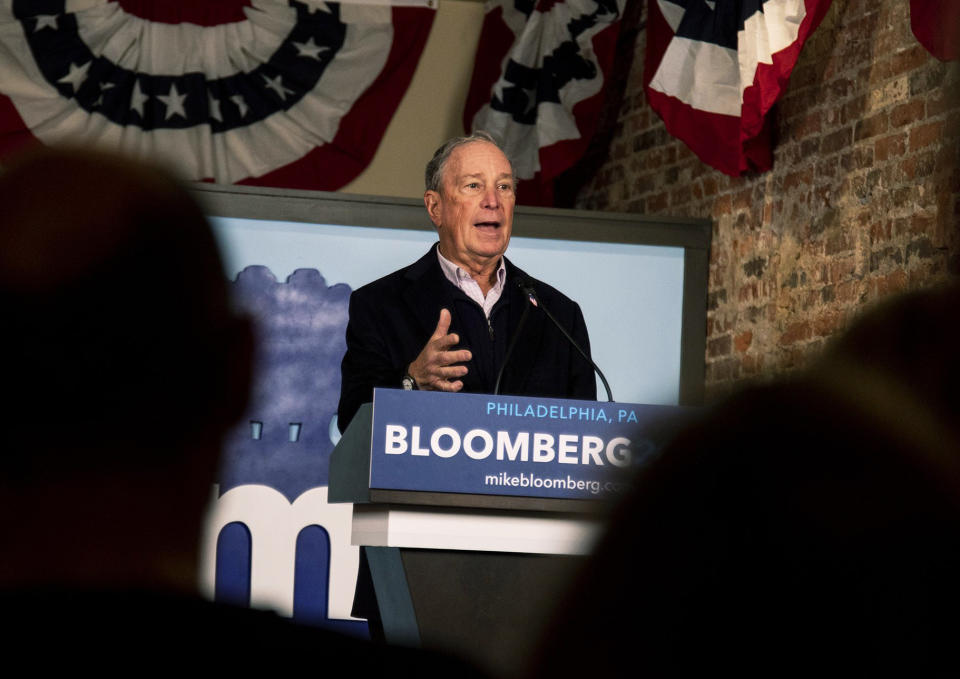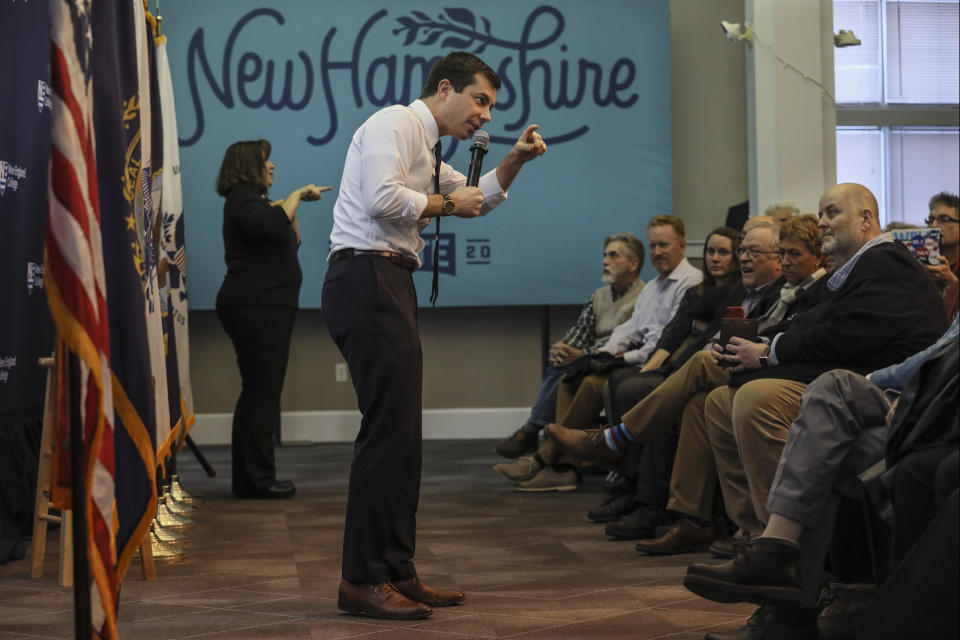Why Trump will lose in 2020
With unemployment at a 50-year low and the stock market near record highs, President Trump should be a shoo-in for reelection. He’s not.
In fact, Trump could very plausibly lose in November. Perhaps by a wide margin. Here are 4 reasons why:
The economy isn’t strong enough. There probably won’t be a recession by Election Day in November, but there will still be plenty of discontent. Income inequality has worsened under Trump, with the wealthy benefiting much more from a booming stock market than working- and middle-class Americans. Evidence continues to mount that Trump’s signature achievement, the 2017 tax-cut law, benefited businesses and the wealthy more than ordinary workers. Trump and other backers of the law insisted a boom in business spending would follow the tax cuts, but Moody’s Analytics found recently that just 20% of the corporate tax savings went to investment. The other 80% went to stock buybacks and dividend hikes that mainly benefit the shareholder class.
Economic growth under Trump peaked at 2.9% in 2018. It has slowed since then and will probably end 2019 around 2%, with even slower growth likely next year. That should be good enough to keep the unemployment rate low, but not necessarily enough for Trump to win. Trump’s net approval rating is -10.3, according to a Fivethirtyeight composite, which means his disapproval rating is about 10 points higher than his approval rating. Research by Alan Abramowitz of the University of Virginia’s Center for Politics shows that an incumbent with a -10 net approval rating needs economic growth of between 2% and 3% to win reelection. Trump probably won’t get that in 2020. There’s one other factor blocking the normal tailwind a president gets from a decent economy: Trump is the first president in 150 years running for reelection after being impeached.
It's also possible recession fears could return later in 2020, just as they materialized in the summer of 2019. And some traders expect stocks to flatline or drop in 2020, perhaps even entering a correction that ends an 11-year rally. Even small fluctuations in confidence could be enough to sink Trump.

Bloomberg’s money. Former New York City Mayor Mike Bloomberg probably won’t win the Democratic presidential nomination. But he could still end up being the most influential Democrat in the campaign. Bloomberg has pledged to spend whatever it takes to beat Trump in 2020, and the multibillionaire has virtually unlimited funds to do it. Money isn’t everything in politics, but Bloomberg has been adept at spending money on targeted ads and organizational activities that have helped to elect more Democrats in Virginia and push Democratic causes such as gun control. Whether he’s the Democratic nominee or not, Bloomberg’s spending on behalf of the party will probably produce a financial advantage, maybe a decisive one.
Trump’s health care blind spot. Even in a decent economy, health care is a chronic problem for some people who don’t have insurance and others who do but still can’t afford the out-of-pocket expenses. Trump has no plan on health care, other than continuing to try to dismantle Obamacare, otherwise known as the 2010 Affordable Care Act. The Trump administration remains party to a controversial lawsuit attempting to kill the entire law, which may succeed, canceling insurance for about 20 million people and restoring the old, heinous insurance company practice of denying coverage to people with preexisting conditions. That’s about 60 million Americans.
Every Democratic candidate, by contrast, has a serious health care plan. Medicare for all, the Bernie Sanders plan for eliminating private insurance and forcing everyone into a government plan, is undoubtedly too radical for some voters. But Joe Biden, Pete Buttigieg, Amy Klobuchar and even Elizabeth Warren have plans for an optional government coverage for those who want it. That seems like an idea whose time has arrived, and Trump’s only riposte is to riff about “socialized medicine” and promise a health care plan of his own that plainly doesn’t exist.

Barack Obama’s role. The former president has been largely silent about Trump, and also about the Democratic presidential contest. But it seems certain that once Democrats choose their nominee in 2020, Obama will fully back the candidate and campaign on his or her behalf. That could help boost minority turnout, which was weak in 2016 and contributed to Hillary Clinton’s loss. Trump’s so-called base would stick with him, but that’s only about 25% of the electorate. Others support Trump because they dislike radical Democrats such as Bernie Sanders or feel Trump is presiding over a prosperous era they don’t want to disturb. If any of those things turn Democrats’ way, Trump will be a one-term president.
Rick Newman is the author of four books, including “Rebounders: How Winners Pivot from Setback to Success.” Follow him on Twitter: @rickjnewman. Confidential tip line: [email protected]. Encrypted communication available. Click here to get Rick’s stories by email.
Read more:
Read the latest financial and business news from Yahoo Finance
Follow Yahoo Finance on Twitter, Facebook, Instagram, Flipboard, SmartNews, LinkedIn, YouTube, and reddit.
